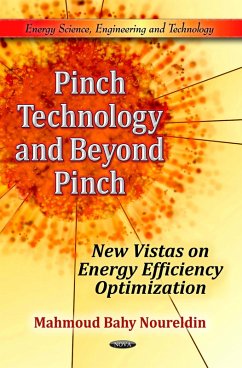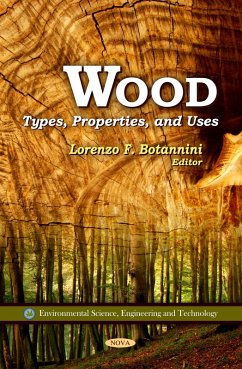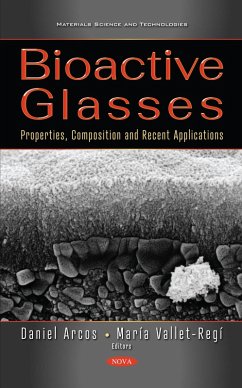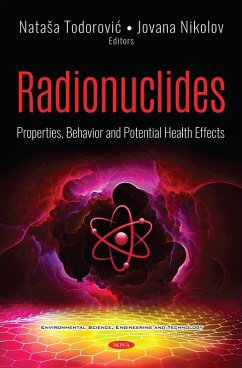
Perovskite Solar Cells: Properties, Application and Efficiency (eBook, PDF)

PAYBACK Punkte
105 °P sammeln!
Hybrid organic and inorganic perovskites (HOIP) have shown remarkable progress since the first realization of efficient PSCs with a PCE of 3.9% in 2009; the record PCE reached 23.3% in 2018. The next step will undoubtedly be developing scale-up techniques for transitioning small-area devices to large-area modules. Most books outline only the basic theoretical background, fabrication methods and/or applications. To bridge the gap between academia and industry, a profound understanding of the recent advancements in the HOIPs field is necessary. Experts' insights in this book present an in-depth ...
Hybrid organic and inorganic perovskites (HOIP) have shown remarkable progress since the first realization of efficient PSCs with a PCE of 3.9% in 2009; the record PCE reached 23.3% in 2018. The next step will undoubtedly be developing scale-up techniques for transitioning small-area devices to large-area modules. Most books outline only the basic theoretical background, fabrication methods and/or applications. To bridge the gap between academia and industry, a profound understanding of the recent advancements in the HOIPs field is necessary. Experts' insights in this book present an in-depth overview of information regarding the materials synthesis methodologies, effects of dopants, optimized optoelectronic properties, suitable deposition methods, engineering and improving the stability of various device architectures using printing methods for flexible large-area PSC modules, including the module concept, discuss various challenges and issues that can open the door for the researchers towards commercialization of durable perovskite solar cells. Moreover, this book also covers the developments on the zero-, two-, and three-dimensional non-toxic perovskite/non-perovskite materials, the radiation degradation of solar cells, the synergetics of cooperative phenomena in tandem systems and provide some recommendations to overcome the challenges for improving the photoconversion efficiency.
Dieser Download kann aus rechtlichen Gründen nur mit Rechnungsadresse in A, B, BG, CY, CZ, D, DK, EW, E, FIN, F, GR, HR, H, IRL, I, LT, L, LR, M, NL, PL, P, R, S, SLO, SK ausgeliefert werden.













